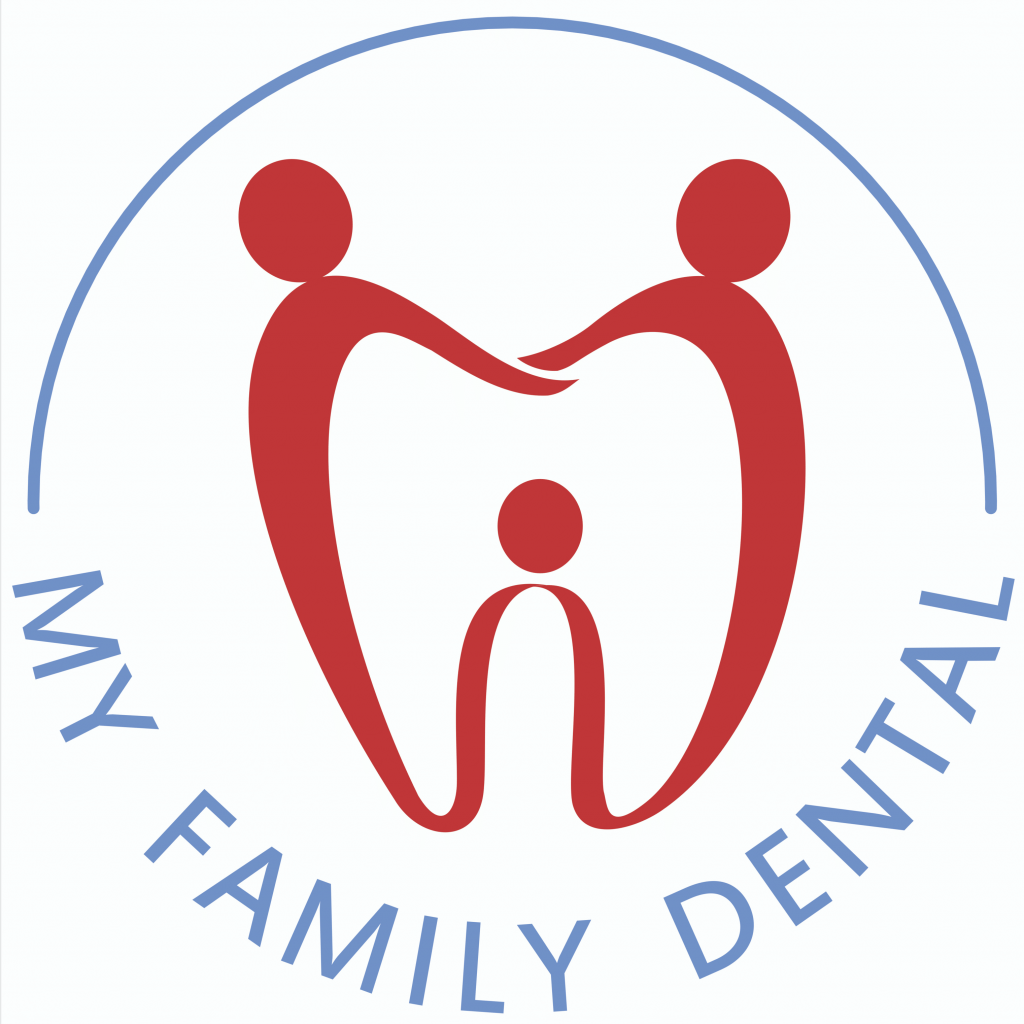Many people suffer from dental anxiety, and this means skipping the dentist. Sometimes, you may feel that the stress and fear of a dental appointment are just not worth it. However, did you know that dentistry now comes with sleep dentistry?
Yes, sleep dentistry can help with your dental anxiety. Let’s learn more about sleep dentistry and what happens when a dentist puts you to sleep.
What Is Sleep Dentistry?
Sleep dentistry has now become an important part of dentistry. It is a process that involves sedating patients to help patients feel consciously relaxed during a dental procedure. The dentist will use sedating effects or general anesthetic to ensure you are comfortable when visiting the dentist. If you are anxious and nervous, these feelings will disappear, and you’re unlikely to be aware of what happens during the procedure.
What Are The Benefits Of Sleep Dentistry?
Sleep dentistry isn’t a very knowledgeable subject for many people, and naturally, misconceptions are likely to be believed, with one of them being that sleep dentistry will make one unconscious. This is incorrect. Sleep dentistry simply helps patients feel consciously relaxed, meaning patients will remain awake. This will help the dentist carry out the treatment smoothly.
Here are some additional benefits of sleep dentistry:
- Calming and Relaxing – Sleep dentistry can help you relax your entire body and hence allows the dentist to get to work on your teeth and gums.
- Reduces Anxiety – Whilst you may feel anxious on the way to the dentist, you can rest assured that your anxious fears will be eradicated once sleep dentistry is administered, helping you feel relaxed.
- No Pain – One of the key reasons for patients to not visit the dentist is the feeling of pain when the dentist gets to work on their teeth. You will remain pain-free through the treatment.
- Fully Awake – Sleep dentistry keeps you awake and relaxed, a feeling that many people love! You will be able to talk with your dentist throughout the treatment should you wish to.
- Strong Results To Your Smile – Through sleep dentistry, you will receive the best dental care from the dentist, reaping the benefits of a strong smile and clean teeth that you never thought you’d get.
What Types Of Sleep Dentistry Are Available?
Below are the types of sleep dentistry available that the dentist would likely recommend after initial examinations.
- Inhaled Minimal Sedation – This form of dentistry is known as laughing gas or nitrous oxide, which is combined with oxygen in a mask placed over the claimant’s nose and mouth. The gas doesn’t say in your system for very long after treatment, and hence you should be able to drive home shortly after treatment.
- Oral Sedation – Oral sedation is also known as pill sedation. It’s one of three sedation methods that dentists use to calm you down during a dental procedure. The sedative is taken in the form of a pill.
- IV Sedation – IV Sedation is administered intravenously through a vein, and the impact of this is fairly imminent. Although, the dentist can adjust the sedation level through the procedure to ensure you’re comfortable.
- General Anesthesia – General anesthesia can be administered for longer treatments such as root canals and dental implants. The dentist will provide this, which can make you feel partly or fully unconscious during the procedure. This will likely put you to sleep throughout the procedure.
If you’re seeking sedation dentistry to help you get through dental treatment, then consult your dentist for further information today! My Family Dental has dental clinics in Emerald, Bowen, Innisfail, Townsville, Ingham, and Bohle Plains for your convenience.



